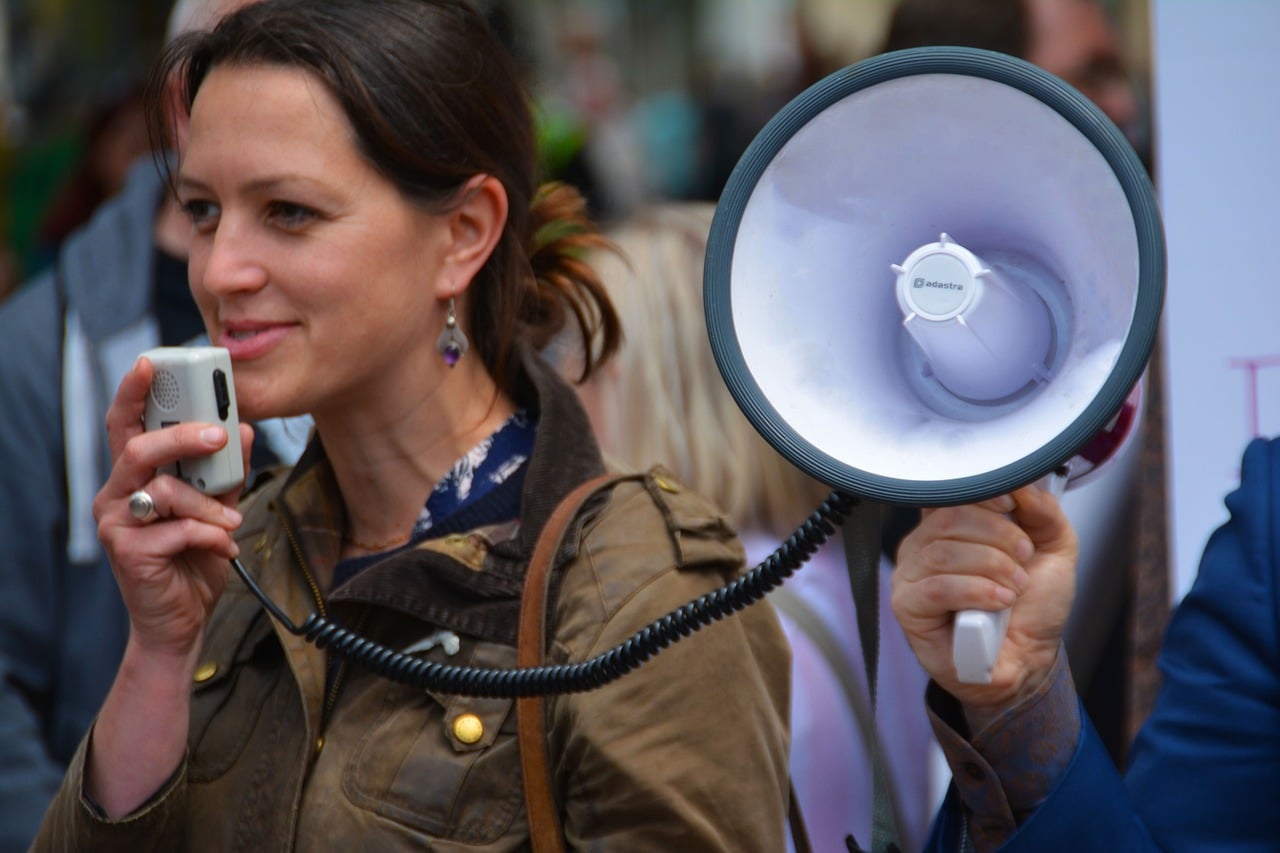Universities Arresting Student Protesters – Free Speech Rights Under Threat, A New Trend?; Several Recent Incidents Show How Colleges are Finally Fighting Back
WASHINGTON, D.C. (April 16, 2019) – Colleges and universities may finally be getting smart, and doing what they should have begun doing a long time ago to deter the illegal conduct by a tiny number of students which infringes on the free speech rights of other students, suggests public interest law professor John Banzhaf.
Q1 hedge fund letters, conference, scoops etc
At Loyola, students who deliberately blocked a building entrance were arrested and charged with disorderly conduct.
Recently, the University of Arizona said that it planned to criminally charge two students with creating a disturbance to protest the presence of Border Patrol agents on campus.
Its president accused the students of infringing on "free speech" rights.
Also, a UMKC student shown on video spraying chemicals at a controversial speaker - in what he apparently thought was a peaceful silent protest - now faces several criminal charges.
If students face arrest and criminal charges when they engage in conduct which is not only criminal, but also infringes on the free speech and additional rights of other students in violation of university rules, there are likely to be far fewer instances where speakers and faculty are shouted down, much less physically assaulted and driven from the campus, university offices and building are occupied, controversial posters are ripped down, etc., argues Banzhaf.
He notes that students at state universities have a right under the First Amendment to speak out and protest, even if the speech and message is very offensive to some groups, and can be called sexist, racist, hate speech, etc.
There is no exception under the First Amendment for hate speech, or even the most vile and despicable messages, he notes.
But, no matter what the cause or message, students do not have a right to engage in criminal conduct which violates the rights of other students, regardless of the cause or the "outrage" they are protesting.
So, like all other citizens who engage in criminal conduct which infringes on the rights of others, they can and should be arrested and charged with crimes, says Banzhaf.
And now, under President Trump's new campus "free speech" policy, universities which do not take appropriate action to guarantee free speech rights on their campuses may face an investigation and a possible loss of grant funds.
http://banzhaf.net/ jbanzhaf3ATgmail.com @profbanzhaf





